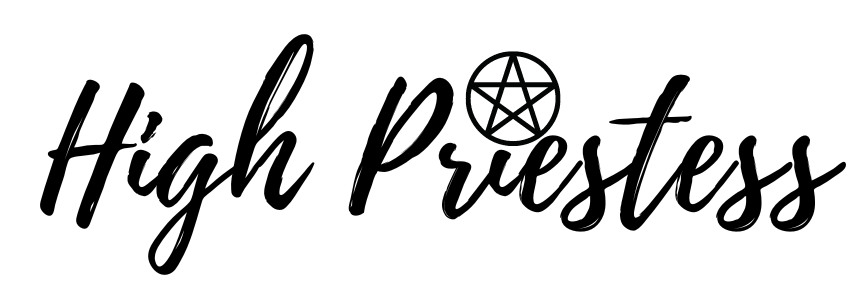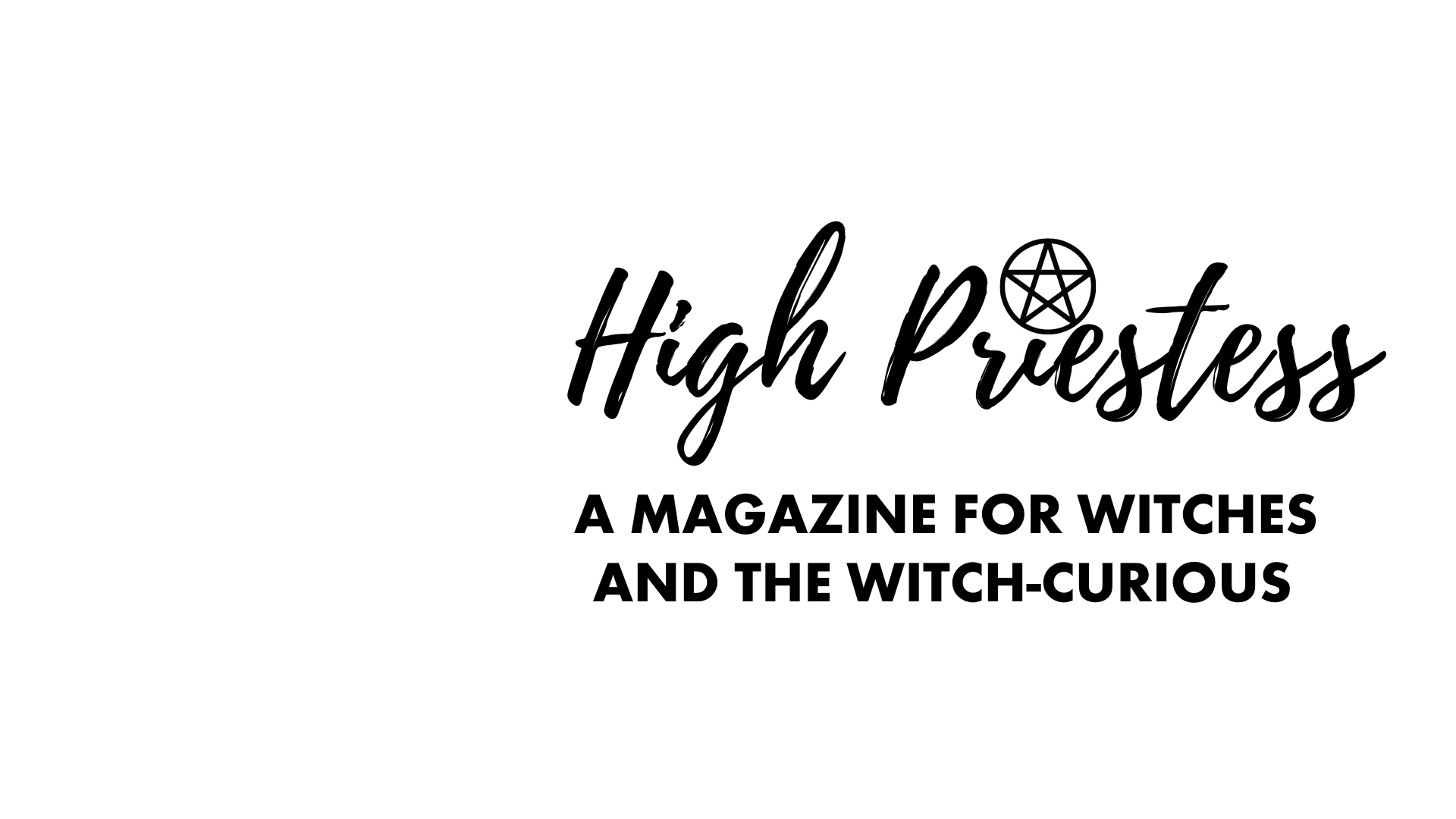Modern Witchcraft and The Witch Wound – ABC Radio Interview with Leela Cosgrove
On Saturday 25th January, High Priestess founder and CEO Leela Cosgrove was invited into the ABC studios in Brisbane to talk about Witchcraft, how it intersects with feminism, the Witch Wound and her own journey into Witchcraft.
Transcript:
Spencer: Leela Cosgrove. is a witch. She has been for 30 years, and today in Brisbane, she’s running a workshop called Burn the Witch, giving you the chance to understand the history of witchcraft and its significance in today’s political landscape, to empower you, both personally and professionally. Let’s unpack all of that. Leela, welcome to 612 ABC Brisbane.
Thank you so much for coming in. How did your witchcraft journey begin?
Leela: I think I was always attracted to the word witch. I think like a lot of people I grew up in the 90s in an era where there was Buffy and Charmed and these kind of things and the word was really interesting and a little bit mysterious to me.
And then, When I was quite young, we were living in Zillmere. I like to point out to people it’s not pronounced Zillmere, it’s pronounced Zillmere.
Zillmere. Zillmere. Okay. I thought you were going to say Zillmere. No, it’s got a hard A at the end and I get very annoyed when people pronounce it wrong.
And so I was like, Oh God, we’re talking 90, 91. And I would ride my bike after school down to the library. And Zillmere Library, Zillmere is a housing commission kind of area. It is probably not like the world’s biggest, almost well stocked library, but I maintain that librarians are the best amongst us.
And there was a bunch of historical stuff in there about witchcraft, but the book that really got me was a book called Witches by Erica Jong. And Erica Jong’s sort of feminist thought leader. And it was a book all about like exactly what I’m talking about today, right? The convergence of feminism and how the witch trials were a perfect subset of how we treat women in society today and the kind of reflections of that.
And then from there I started to look for actual how do I practice witchcraft stuff and found in some little new age stores in Brisbane, found some books and, it’s just been bit by bit. In my day, there was no internet. You couldn’t go online and look up how to be a witch, right?
So you had to go find books and find little places. I think it’s really great, the sort of democratization of this sort of stuff, like anyone can find the information now and be able to contact it, so it’s great.
Spencer: So what does it mean to you in 2025 to be practicing as a witch?
Leela: Yeah, I look, I think it’s a really interesting thing.
Cause I think I have to preface this by saying I am not the queen of the witches. I don’t get to speak for everybody else. And the great thing about witchcraft is that there are no rules. You talk to a hundred witches, get a hundred different like variations. It is not like a hard religion with a. book and a, institution behind it, witchcraft is whatever it means to you.
I think we would all agree that at a baseline, witches revere nature and we believe in everything being energy and the power of that energy. For me, it’s also a very humanist and political movement. I don’t think you can talk about witchcraft without talking about the history of it. Even the word witch.
It is not what we traditionally would have been called. This is a word that we’ve taken on because it was used to put hundreds of thousands of women to death during what we call the burning times during the European witch trials over about 300 years. So it’s not a, it’s not a traditional word, even it’s a reclamation.
And even in that, I think communicates that this is, I don’t think you can separate witchcraft from politics in any way.
Spencer: Do you meet up with other witches?
Leela: Yes. Yeah. We actually have a event we call witch school. So we get 250 predominantly women, some men, predominantly women come for two days to learn and practice together.
A lot of people in my community getting together constantly. Ritual is a really big thing right now. I think in a kind of post COVID world, people are really craving community and connection and in person. communities, not just online communities. So there’s a lot of movement towards ritual and ceremony and full moon circles and Sabbat circles.
Spencer: Okay. So you’ve got that side of it, which is perhaps what people would think of as where which craft is at the moment you. I want you to talk to us about the witch wound, which may be a new term for some of our listeners. What is the witch wound and who carries it?
Leela: Yeah. It is predominantly women, again, some men, but predominantly women.
And the concept of the witch wound is a memory. And for some people, they refer to it as purely past life, if you believe in that stuff. But I also think that there’s a real argument to look at any of this stuff from like an archetypal and historical point of view. So the witch wound is I tend to explain the symptoms.
I say to women, if you find yourself in a position where you’ve done some therapy you’ve really worked on yourself and you still find yourself feeling like putting yourself out there, whether it’s asking for a raise or posting something on social media, it feels life and death and you’re not sure why, right?
Then it is this memory of women literally over this 300 years. being, we call it burned at the stake. It was a lot more horrific than that. But as a catch all being burned at the stake for being different. It wasn’t, some women were herbalists and stuff, but a lot of the cases you just had women who were different women, definitely the LGBTQI community women with disabilities.
This is still a massive problem throughout Africa. The UN put a report out on this recently about people being murdered for witchcraft. But it has. always been this movement that brings in very weird sort of outside people. And I think that explains where the witch wound comfort warmth is. So
Spencer: even, sorry, sorry to interrupt, but so even yeah so it’s like a general generational trauma of being othered and even being a woman you’re othered in many ways.
Leela: I think it’s really important to understand that when women have this experience of feeling like it’s life and death and you’re like, calm down, it’s just like. Putting a thing out into the internet or asking for a raise. It’s no, the actual genetic past life or however you want to look at it, memory is of being killed for this.
Spencer: Clearly the witch wound has its origins than many generations ago. Is it still being added to?
Leela: Oh, absolutely. Look, you just have to look at the fact that 101 women died in this country last year, right? There is this constant war against women that is a large part of where The Witch Wound comes from.
So we talk a lot about this, about the historical context, about the modern social context. It still feels perhaps, more an effigy in some ways, but we are still being burned at the stake for being different, for being out there, if you Pop your head up, particularly in this country, tall poppy syndrome, if you pop your head up above the parapet, like it’s going to get shot off.
Spencer: It is, yeah, it’s a really big part still of the social way we treat women. You said men can carry the witch wound?
Leela: Yeah, absolutely. And in no small part, when you look at this, there’s some men were, it was predominantly women, but some men were murdered for witchcraft. Also, when we talk past life you necessarily just have a past life as the same gender you are now.
There’s many different ways in which you could have been reincarnated.
So some, so a man who’s who feels that they’re carrying the witch wound right now, what, how would they know that? How would that feel to them?
Spencer: It would be the same thing. It’s that same feeling of That they’re othered themselves by society.
Leela: And if I’m visible in any way, and it’s this strange sense of not just like being a little bit uncomfortable. but literally feeling like it’s life or death to have any kind of visibility. Yeah. If I’m in any way visible, they literally going to come for me. And I always say, go do therapy first, make sure it’s not a this life thing, but if you’ve done a bunch of therapy and personal development, you’re still feeling this, then this is an avenue to explore.
Spencer: Okay. So then this brings us to your workshop today, where you say that you can, by having this knowledge, this understanding, you can be empowered. Tell us more about that.
Leela: Yeah, I think understanding the context of these kind of things that happen historically, I think a lot of people know about Salem, but maybe don’t know as much because of Arthur Miller, don’t know as much about the European rich trials which were a lot larger and went for a long time and were very institutionalized.
And so I think understanding the context, I think this is true in all kinds of Personal development therapy stuff is like half of the battle is just understanding where this stuff comes from and that, that gives you a real kind of forward movement of oh, okay, so this is like a past life memory and I can put this to one side and sit with it.
But I think also understanding today, and I think one of the things that’s great this is our third event, we’ve done events in Sydney and Melbourne as well, is you get this group of a hundred women in a room together who all share this interest, who share this kind of memory, and that.
Understanding and connection that there are other women going through it too, that it’s not just you’re not a crazy person, that there’s this experience of the energy of the room and that connection with other women that, that really helps build that community.
Spencer: For anyone who can’t get along today but is inspired, by what you’ve been saying, is there one thing that they can do, men or women, today or one more, one thing that you’d like them to think about as we go about our Saturday and our long weekend?
Leela: Yeah, look, I just think that Which is an interesting word insofar as there is no other real word in the human language that human English language, that denotes a woman with power that doesn’t also talk about men, right? This is a word I always encourage everybody to own, men and women, to own and to step into.
Whether you see yourself as a practicing witch who’s really drawn to the thing, or whether you use it as a feminist reclamation. Like as a practicing witch myself, I am so encouraging of people using it in all different ways. And so you utilizing it, holding onto it, making it a part of, if you’re called to it and you feel it, a part of what you do, I think is a really large step forward, not just for you, but for the people around you as well.
Spencer: Thanks for coming in this morning. Thank you. Welcome home to Brisbane. Thanks. Yeah. I wonder if there’ll be anyone from Zil me ah. Zil me ah. There. Today. Leela Cosgrove’s three hour workshop is called Burn the Witch Brisbane. It’s at Elements Collective in the Valley from 11 o’clock this morning. Thanks for coming in live, by the way, on your way there. It’s 25 per person plus booking fee. Thank you so much for coming in.







